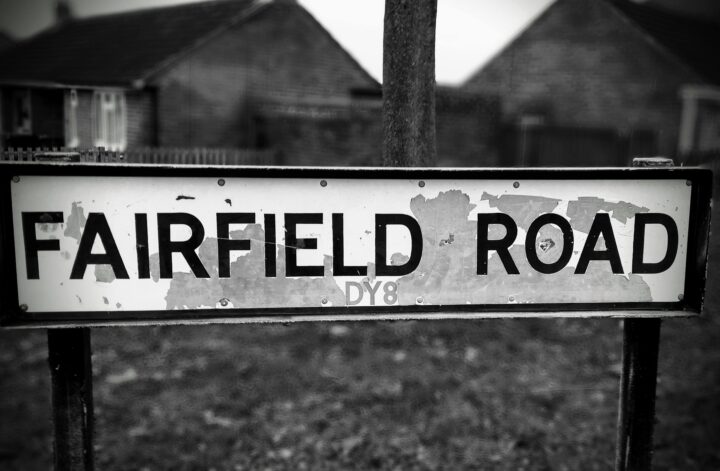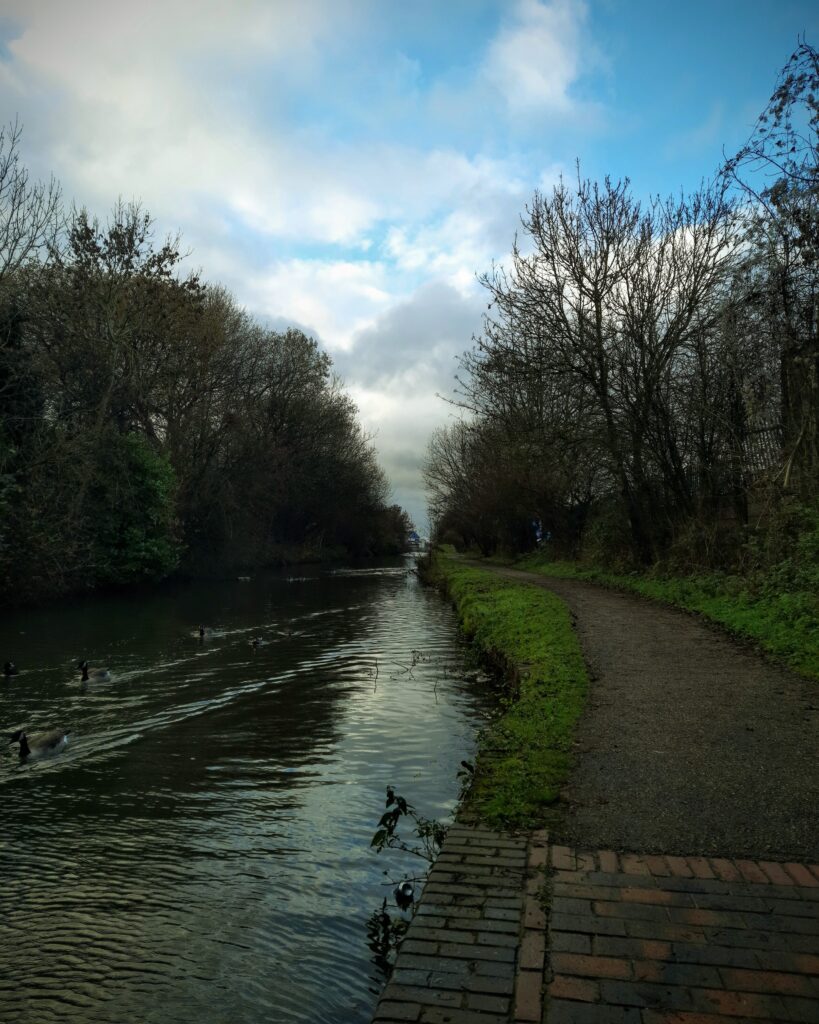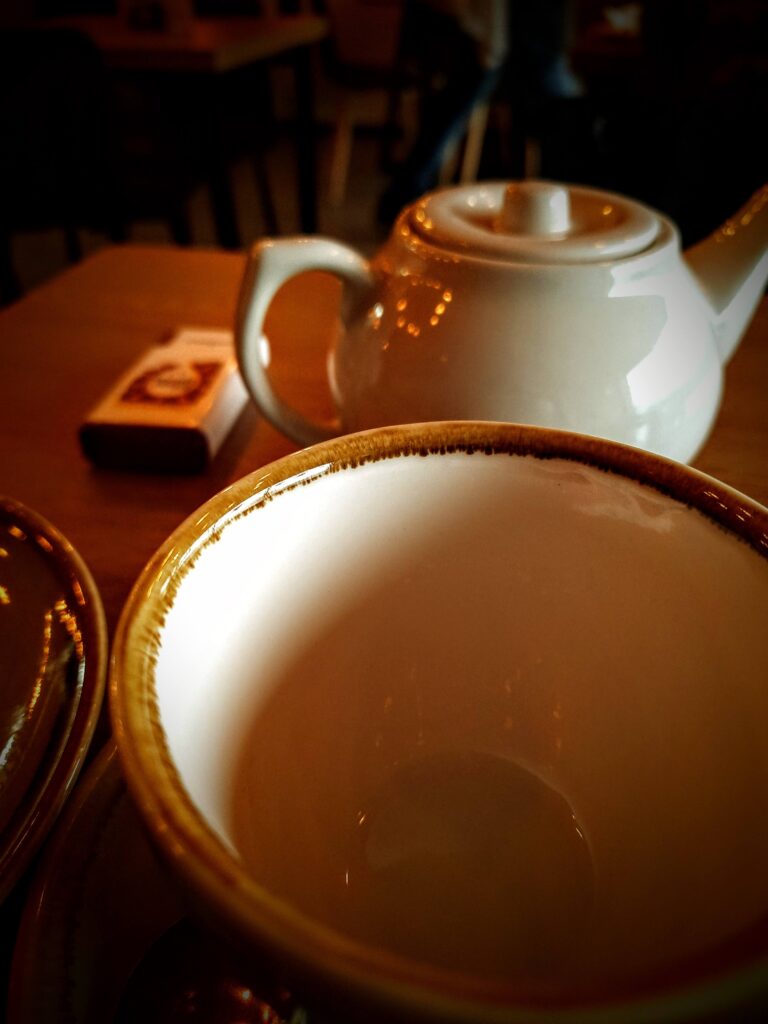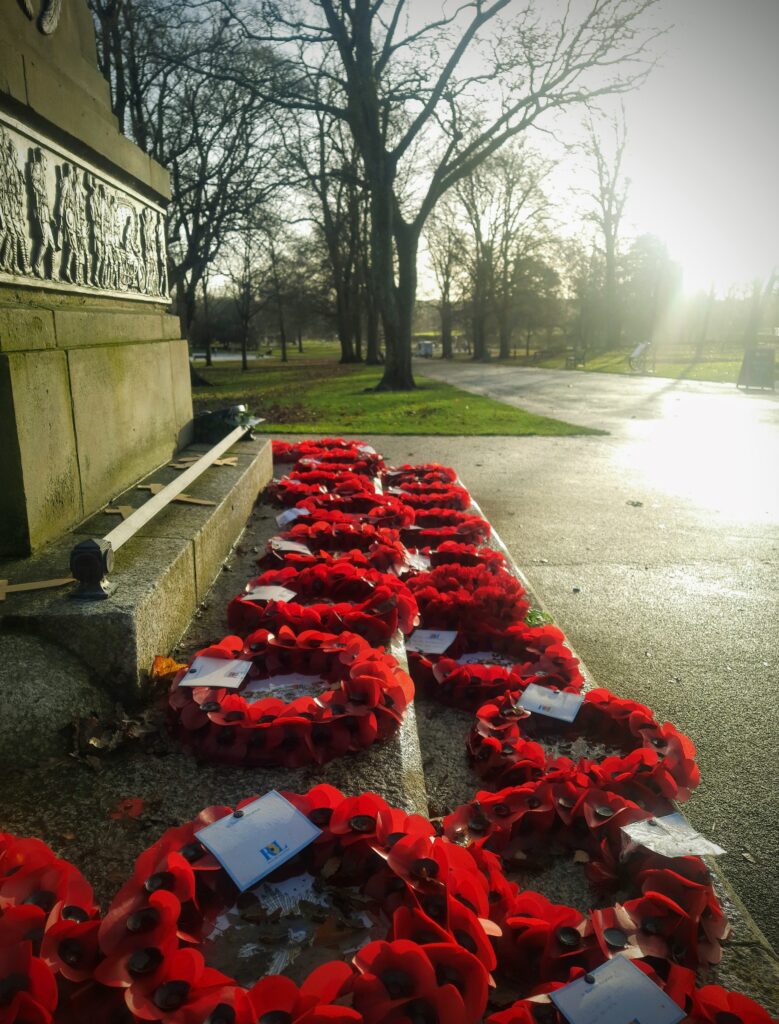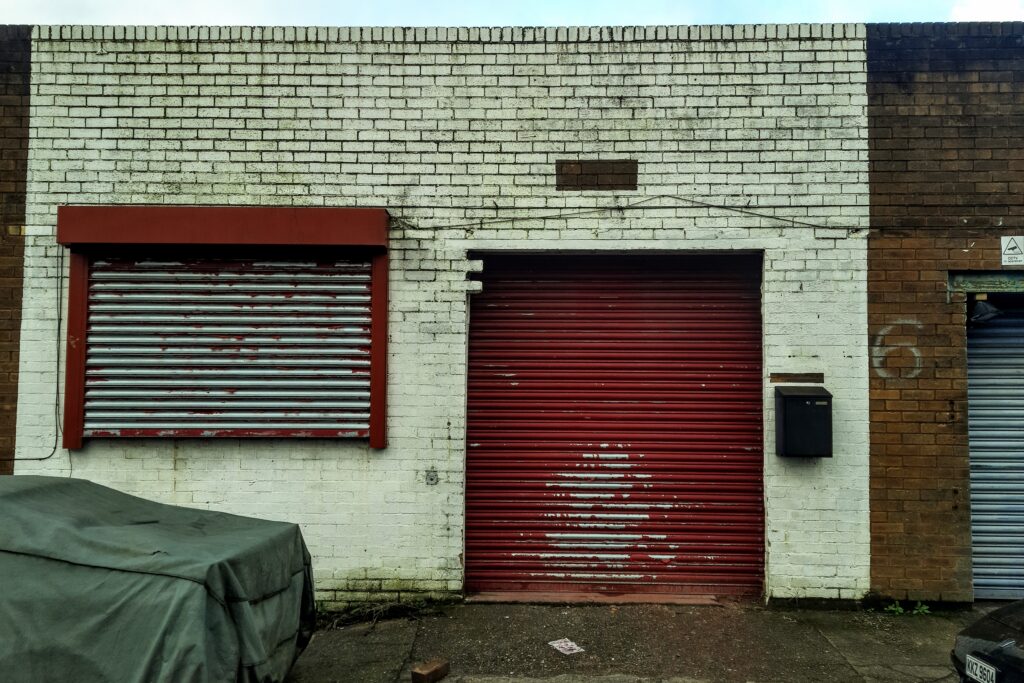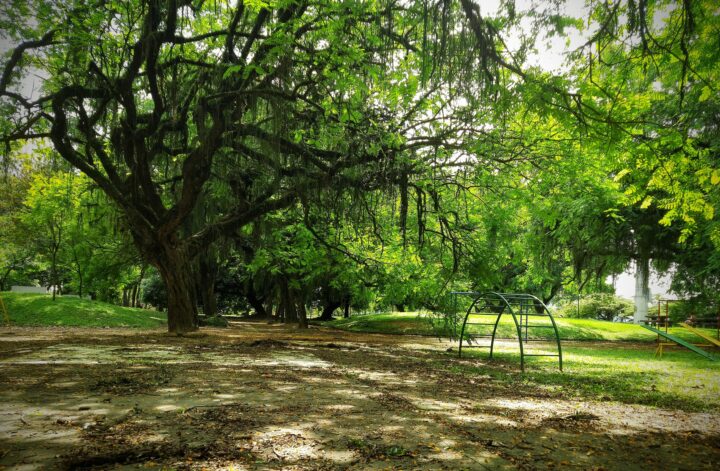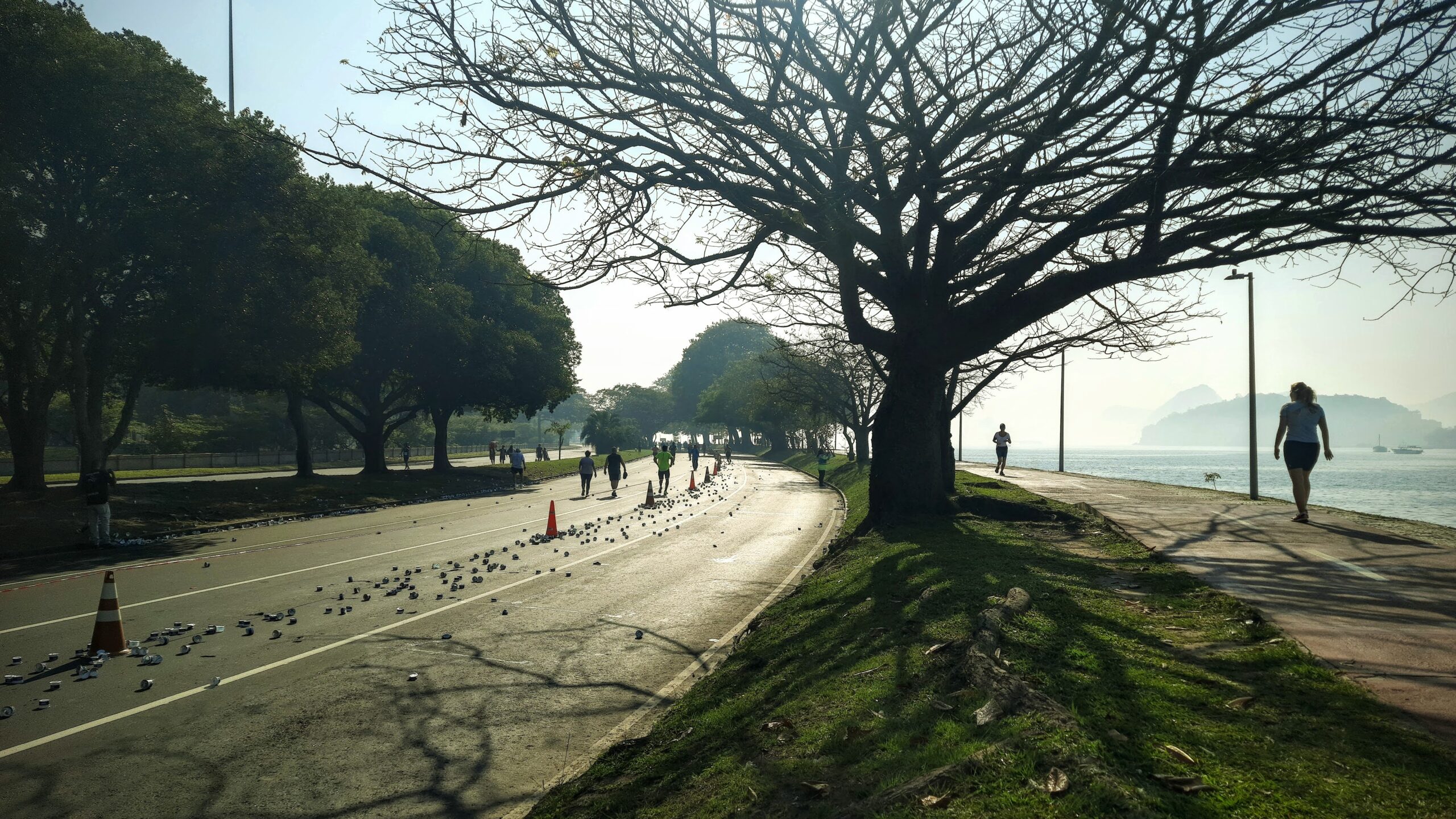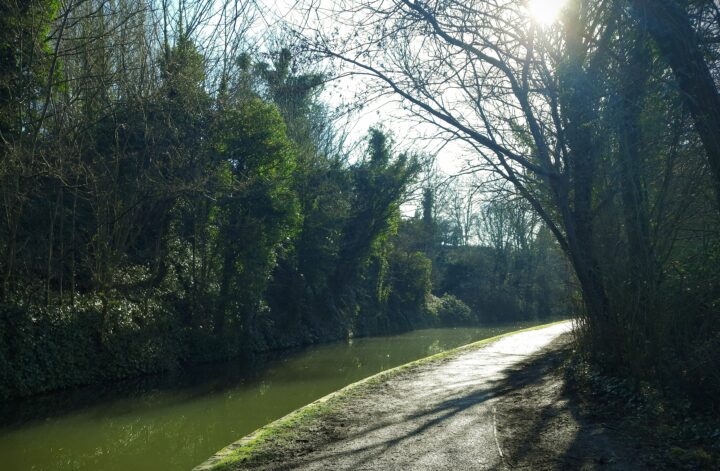Wordsley, Stourbridge, England: 7 degrees, cold, overcast, and rainy.
Today was another day of visiting places from the past, either from my childhood or adolescence. Even though it was bitterly cold, I decided to go out and walk, walk, and walk.
I fed them, my friends, the swans and ducks along the canal. Then I found myself walking toward my grandmother’s house, where she used to live. My grandmother had lived on a council housing estate all her life. My grandfather had a vegetable garden, an allotment, and a greenhouse at the back of the garden. Sometimes I would help him with his tomatoes, onions, potatoes and lettuces, but it was very seldom.
One of the many memories I have of them is that they would wash their dirty clothes and laundry every Monday morning without fail, only once a week on that day and with an old boiler that would have to be removed from the garage and put in a kind of veranda that linked the front and back of the house.
They would literally boil the clothes with boiling water and then spin them in a separate spin dryer. This whole process, which they would do religiously every Monday, would take up all morning. They would only have lunch after washing all the clothes, linen, etc., for the rest of the week.
My grandmother also religiously cooked the same meals each day of the week, so depending on the day, I would know what she was cooking. Wednesday would be fish with parsley sauce and mashed potato, Saturday fish and chips, Thursday gammon and eggs, and so on. For me, her food was divine, cooked with comfort and love. My mother was jealous of how much I adored my grandmother’s cooking; her food was truly from heaven.
I walked around the side streets and in front of their house. I had noticed that the houses seemed more run-down and neglected than in the past.
It got me thinking, if people are more sloven or lazy nowadays than in the past, with their gadgets, devices and technology in general, nowadays more things can be done in our lives with less effort, but actual physical work to keep your own house in order is sometimes forgotten, or it is too much hard work, or, the world is just so much more informal than in the past, to have a nice and tidy home is not as important as it was. For me, technology is a kind of catalyst for laziness; everything is so easy today, as long as you have money, and it’s not that physical, you do not have to think anymore.
It also made me think that as I was on a council estate, which is basically working class or, politically correct, lower middle class, that this class is slovenly, relaxed and lazy. However, this is a kind of paradox when thinking about my grandfathers and my grandparents who were working class, proud of it, hard workers, and we’re very happy; up early every morning, worked the whole day, rarely had a holiday, and they were always happy and positive.
They also knew how to educate their offspring, passing over fundamental principles of life that today seem not to be as clear as they were in the past.
After walking around the streets where my grandparents lived, I returned to the canal and walked further up to where I had my first real official job before going to London. I can’t remember exactly how long I worked there, but it was hard, and I worked many times in the cold, dispatching engineering parts to oil rigs in the North Sea. The company had moved and expanded, but like many companies in England, it eventually closed its doors.
I had an exponential learning curve on how to survive and prosper at work. I worked long hours, doing everything needed, and if I didn’t know, I would have to learn quickly. There was no free lunch or pulling punches for being young or inexperienced. You had to do it, produce, learn, and always deliver the goods!
The industrial state where the engineering company was is still there, now all the companies are different, but the exact building where everything began is still there, but closed. I stopped in front of the main steel doors of where I worked and just took it all in, it was as if I was thinking about another person or another life and what also made me think is of how much I have done since then and when I was working there at that time how I didn’t know, I was not conscious of all the things that would happen to me in the future both good and bad.
What also made me think and comforted me a little was that it was clear to me that nothing is forever. Companies come and go just like people.
This is a little bit of an internal fight for me, where failure is the anti-Christ hovering over me, waiting to swipe me down. I think this has come from my father, who was a man of high principles but fundamentally a workaholic. He was extremely focused and disciplined and always did what was necessary and required without complaint, which I think, in some ways, I have always tried to relive or repeat his steps.
Brazil has helped me overcome some of this. When I had the school, I was extremely engaged in trying to do the right thing for the business and the pupils, being professional; however, financially, it was never a great success and because of that, a bit of a disappointment, a frustration. It is clear that Brazilians are more practical about dealing with failure and not getting what they want.
The country’s history shows that there’s one deception after another, and all the time, people are suffering, so they have to celebrate or at least make do with what they have. A company closes, and then another one opens, and everybody’s happy, even though they are suffering and the process is hard. Perhaps it is an easier and lighter way of accepting life, its deceptions, and not taking everything too seriously—just letting everything go and allowing things to run their natural course.
Nowadays, I’m more of a believer in letting go.
You have to do what is right, but you must let go. Sometimes, when we push too hard, become obsessed with something, or try everything to achieve what we desire, we are often just pushing it further away. Of course, we need to do our part, but there is a limit. If it is meant to be, it will be, and there is nothing we can do if it isn’t meant to happen.
After walking back along the canal, I popped into my new local, the cafe on the green. I had a tea and a coffee, and shortly after, I was back home to begin the classes. Later, my mother cooked a very nice fish with parsley sauce.
In bed by 11 p.m.
Thank you.
Thanks for reading this blog post. Please explore my other posts and share your thoughts in the comments section.
Richard

